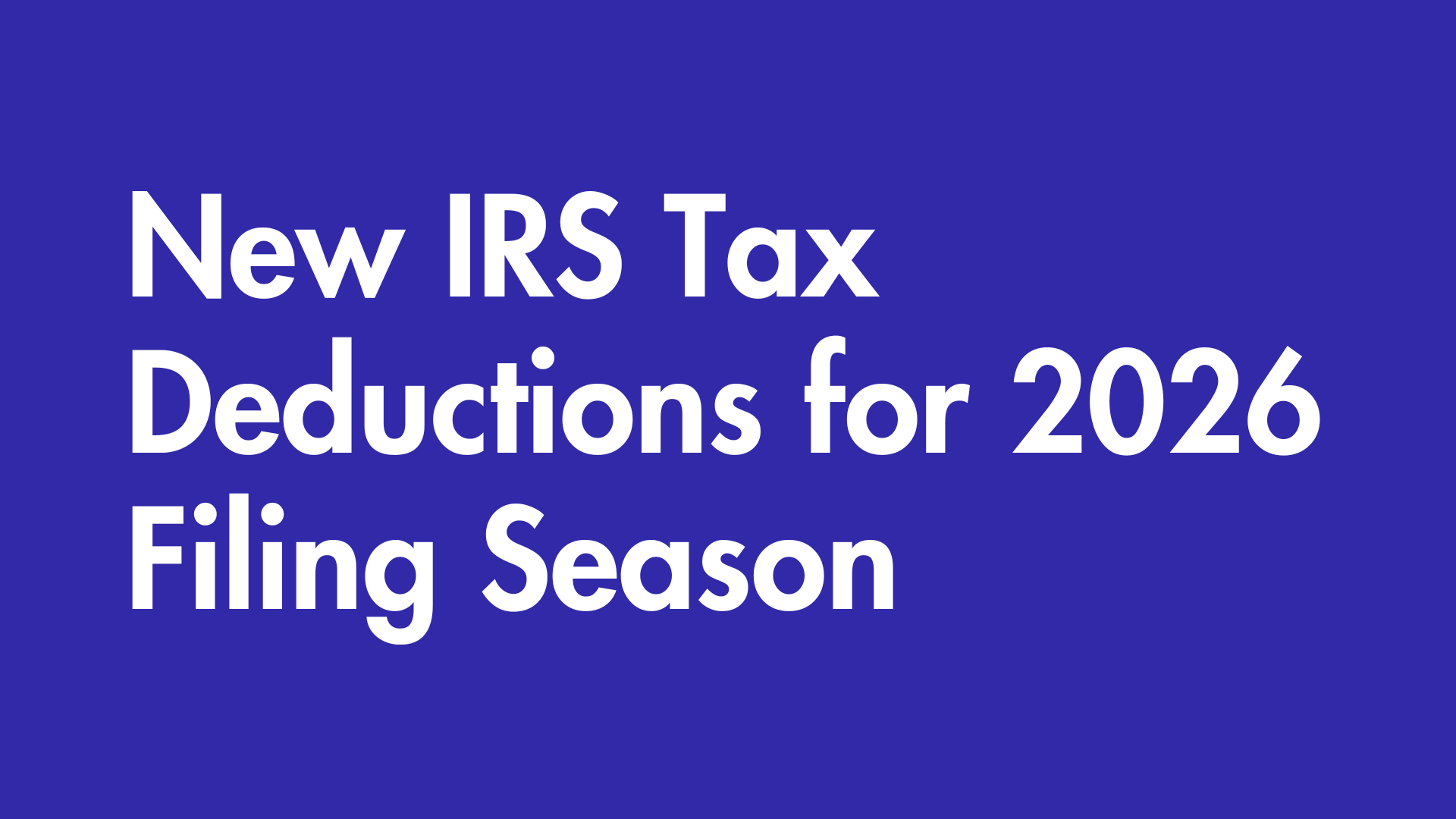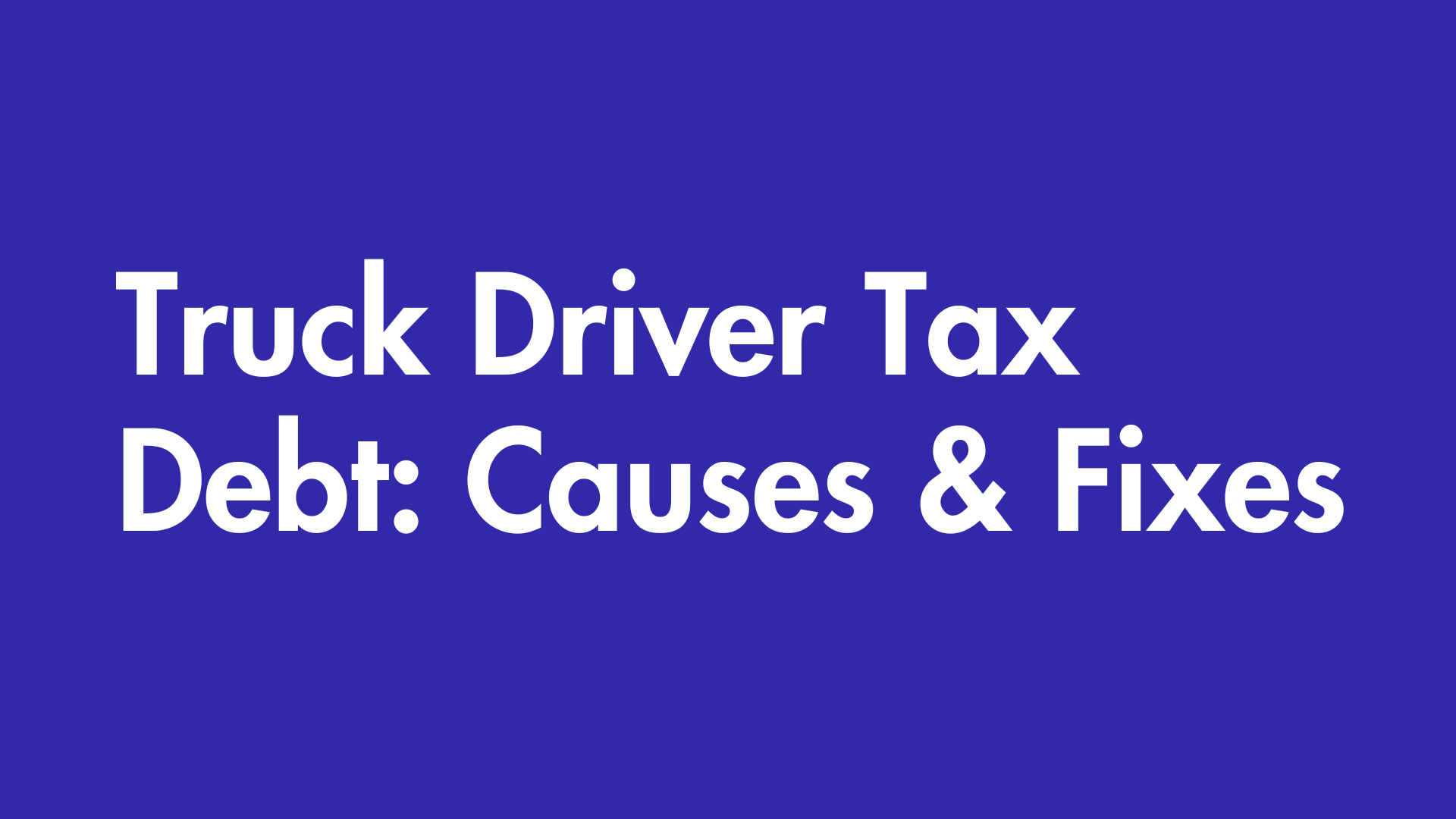Tax Tips for Realtors: Don't Leave Money on the Table
Tax Tips for Realtors: Maximize Deductions and Minimize Stress
Being a realtor can be both rewarding and challenging. From the highs of closing deals to the lows of slow markets, the income fluctuations can make managing your finances tricky. Proper tax planning and expense tracking can make a big difference when it comes to filing your return and keeping more of your hard-earned money. Let’s break it down.
Understanding Realtor Income
For most realtors, income is straightforward—it typically comes from commissions earned on property sales. This is your reportable income and is taxed just like any other form of income. However, what makes taxes tricky for realtors is the wide variety of deductible expenses you can claim to offset that income.
What Expenses Should Realtors Track?
Want a detailed breakdown of these expenses and how to track them effectively? Watch Chad Dickinson explain it in this quick video:
Realtors often incur numerous expenses throughout the year, many of which are deductible. Here are some common categories to consider:
- Advertising: Costs for marketing materials, social media ads, and promotional campaigns.
- Licensing and Subscriptions: Fees for professional licenses, MLS access, and industry memberships.
- Continuing Education: Expenses for real estate courses and certifications.
- Commissions to Other Agents: If you share commissions, these payments are deductible.
- Travel and Mileage: Track your business-related travel and mileage to deduct vehicle expenses.
- Vehicle Expenses: Maintenance, fuel, and depreciation for vehicles used for business purposes.
- Photography and Staging: Costs for professional photography, videography, and home staging.
- Office Space or Home Office: Rent or a percentage of your home expenses if you have a dedicated office.
The Importance of Year-Round Tracking
Don’t wait until the end of the year to organize your finances. By tracking your income and expenses throughout the year, you’ll not only minimize stress but also maximize your deductions. Keeping accurate records ensures you’re prepared for tax season and helps you avoid leaving money on the table.
Pro Tips for Managing Realtor Taxes
- Use Accounting Software: Tools like QuickBooks or Xero can simplify expense tracking and help you categorize deductions.
- Keep Detailed Records: Save receipts and document every expense to substantiate your deductions.
- Set Aside Taxes: Realtors often pay quarterly estimated taxes. Set aside a percentage of each commission to cover your tax liability.
- Work With a Tax Professional: A tax advisor who understands real estate can help you navigate deductions and optimize your return.
Don’t Leave Money on the Table
Proper tax planning is key to financial success as a realtor. By staying organized and proactive, you can reduce your taxable income and keep more money in your pocket. If you have questions or need help managing your taxes, don’t hesitate to reach out.








